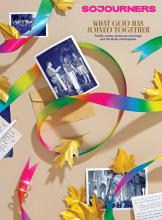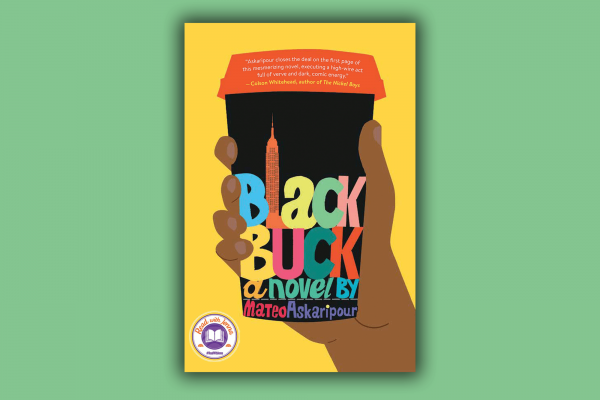IN HIS DEBUT novel Black Buck, Mateo Askaripour tackles race in the world of startups. Doubling as a kind of self-help manual for Black people in sales, the novel’s structure and tone allow it to hold multitudes: the dark, the hopeful, the comical, the horrific. But at its heart, this is also a novel about community.
We meet Darren, a 22-year-old shift supervisor at Starbucks who lives with his mother in Bed-Stuy, Brooklyn, New York. They’re not poor, he insists, pointing to the home his mother owns. But this doesn’t negate the harsh conditions she is exposed to at her factory job. Still, life is good—and if a day is not “good,” then at least he can come home to a warm dinner with his mother, girlfriend, best friend, and the neighbor who is practically family. Darren would be content, if not for a few reminders that he could aim higher, achieve more. He was, after all, valedictorian of his class at the Bronx School of Science.
Enter Rhett, the charismatic CEO of Sumwun, a startup located on the 36th floor of the building where Darren works. When Darren smoothly attempts to sell Rhett a new drink, Rhett sees his potential and recruits him. This is how Darren becomes Buck, the first Black man at Sumwun. Racist shenanigans ensue, popular among them: Has anyone told Darren that he looks like Martin Luther King Jr.? Sidney Poitier? Dave Chapelle? Against a background of overt racism, appropriation, and consumerism, the cult-like culture of Sumwun is unforgiving. Meanwhile, the company’s mission is opaque, rife with danger and risk. What impact are they really making? Are they helping anyone? Where is all the money coming from?
Read the Full Article

